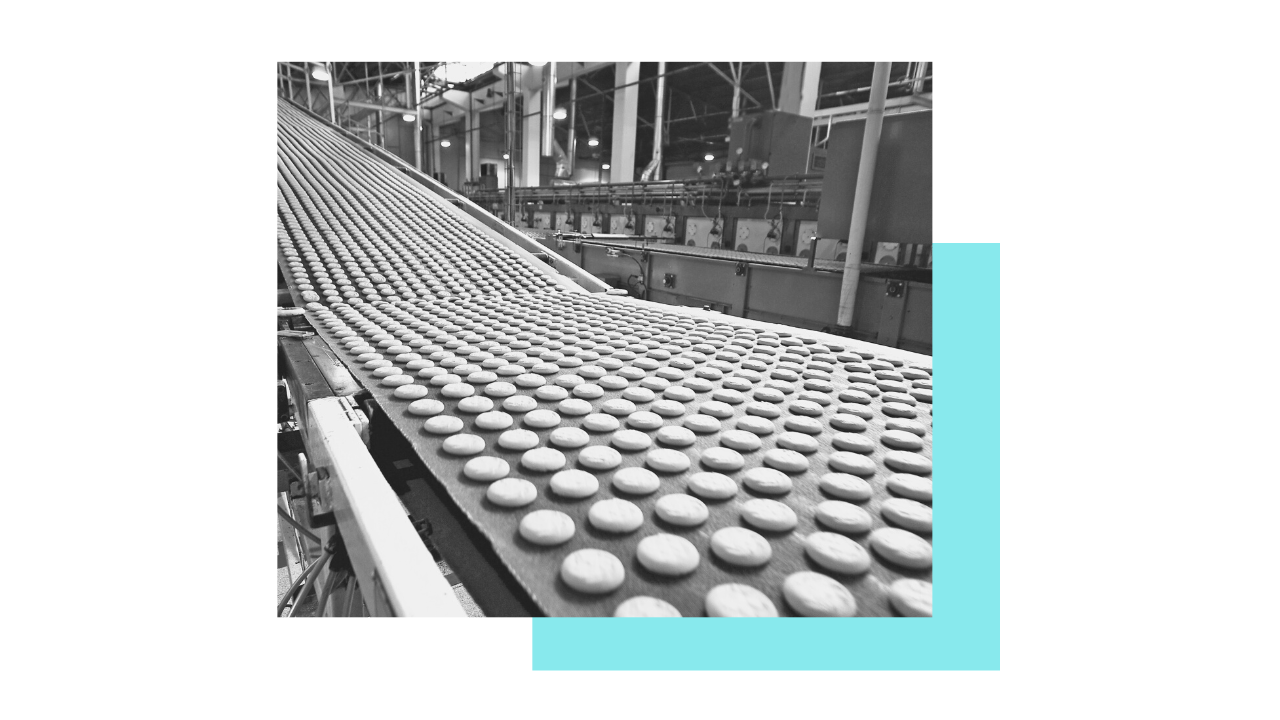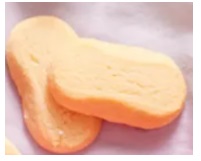What I learnt working in a cake factory
Nov 24, 2022
When I was a teenager, my Christmas job was in a cake factory. I would count 10 shortbread biscuits (I now consider myself 'elite' at counting to ten😂- perhaps this is what led me to my research in place value🤷♀️!). I would put the 10 shortbread in a plastic cello bag and seal the bag with a heat sealer. I would then fold the bottom of a box, the top, and insert a divider. I would place two biscuit bags inside each box and then close the box with a transparent lid.
This was only the first part of the job.
I would then need to look at the orders from each shop, count the boxes out and then put them on trays in the despatch area for the trucks to pick up and deliver to Ferguson Plarre cake shops around Victoria.

By all accounts the shortbread I used to pack were delicious-my mum and dad and grandparents loved me bringing home the broken ones for them to have with their 'cuppas'. Fortunately I was never a big shortbread fan- as you can imagine, being around all day turned me off them!
I learnt many different skills from working in the bakehouse. And reflecting now, I can definitely appreciate how much maths was involved. But the thing I learnt most was the power of efficiency and fluency.
When I started, I was all thumbs. Counting the shortbread was slow, making the boxes was tedious and trying to put the biscuits in the bag so they all lined up was really challenging! But, the more I did it, the faster I became. I did the process so many times (I’m estimating 100 boxes per shift for 5 weeks for 5 years- someone in the order of 25,000 packets of shortbread (there is a really cool maths problem in there somewhere!). My brain eventually got to the point that it created neural pathways that allowed me to count and pack and make the boxes while daydreaming or talking to my cousin and sister (who were usually working with me).
Efficiency was my next lesson. There was definitely a faster way to pack the shortbread. What I liked about this job was you were rewarded for efficiency. So instead of having a part time job where you had a certain shift to complete and you were counting down the minutes until you could go home, in this job you could finish whenever the job was completed. My aim, being the competitive person I am, was to get faster and faster. I learnt little tricks that helped save time. For example, It was faster to ‘batch’. That is, doing all the counting first, then do all the bagging next, then do all the sealing, then make all the boxes etc etc. I developed strategy!
How does this relate to maths? Well, fluency, efficiency and strategy are very important in maths. Fluency develops from doing things repeatedly, but is built on an understanding of the best way to complete something. For example, if a student practices their “time tables” by reciting the “tables” as a long list, they are not going to see the improvement we require in fluency as quickly as if they practice them with the strategies in mind.
Efficiency is something we are aiming for in maths. For example, it is not efficient to ‘count all’. As teachers, we want to encourage students to always seek more efficient strategies and approaches. Nudges like, ‘Can you do that in a more efficient way?’, ‘Can you streamline that process?’. Efficiency is something I talk about a lot with students. They understand the idea of speed, but not always efficiency. Efficiency is slightly different to speed. In the cake factory it wasn’t just about making the boxes faster, speed was an element, but quality and accuracy was also critical. There was no use packing all the boxes in half the time, if I made errors in counting the shortbread or the boxes looked messy- this wasn’t going to ‘cut the mustard’.
So in maths we must talk about efficiency in relation to both speed and accuracy.
Every time I go into the Ferguson Plarre shops at Christmas time and see the Christmas shortbread packs (which I note are now sold loose in a tin- so much easier to pack!) I think of all the lessons I learnt in that factory each Christmas and smile!

